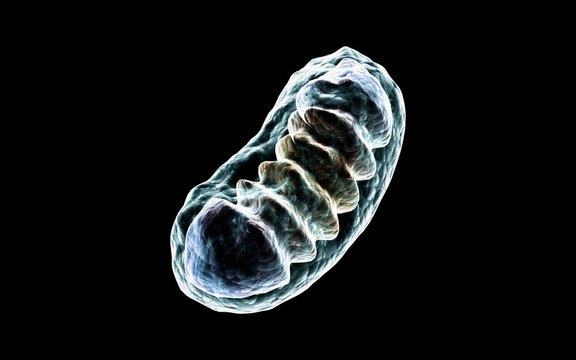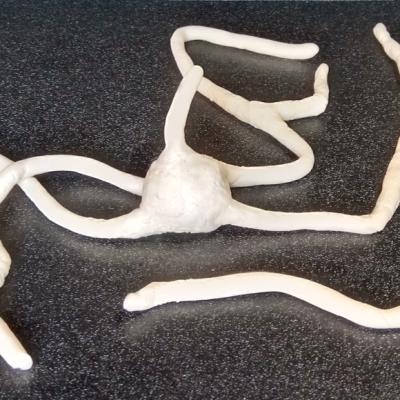For over two decades, scientists worldwide have contributed to uncovering the immense diversity of microorganisms that inhabit different ecosystems on our planet, from oceans and soils to our own bodies. Metagenomics, the field responsible for studying genetic material (DNA) obtained directly from environmental samples, has allowed for the identification of thousands of new species and the acquisition of new and revealing data about a significant portion of their genetic content. However, due to the fact that most of these microorganisms have not yet been isolated in the laboratory, fundamental aspects of their genomes remain unknown. A new study provides key information to understand this large amount of unknown DNA, revealing its functional and evolutionary importance.
The study, led by Dr. Jaime Huerta Cepas of the Comparative Genomics and Metagenomics group at the Center for Biotechnology and Plant Genomics (CBGP), a joint center between the National INIA Center of the Spanish National Research Council (CSIC) and the Polytechnic University of Madrid (UPM), provides an extensive catalog of new gene families and highlights the need to incorporate this information into future metagenomic studies. The characterization of this enormous amount of new genes will not only allow for the discovery of new molecular functions but also a better understanding of the interactions between microorganisms and their environment.
The study examined over 149,000 microbial genomes obtained from various environments, establishing a catalog of approximately 400,000 new gene families. The identification of these gene families was based on very strict filters, with more than 90% of the available genetic material being discarded. Nonetheless, the published catalog manages to triple the amount of known microbial gene families to date. This exhaustive analysis of the microbiome also provides functional information on more than 130,000 new gene families.










